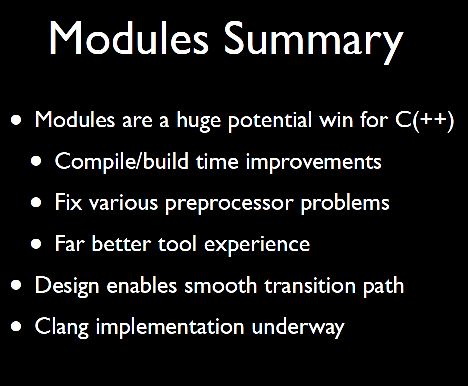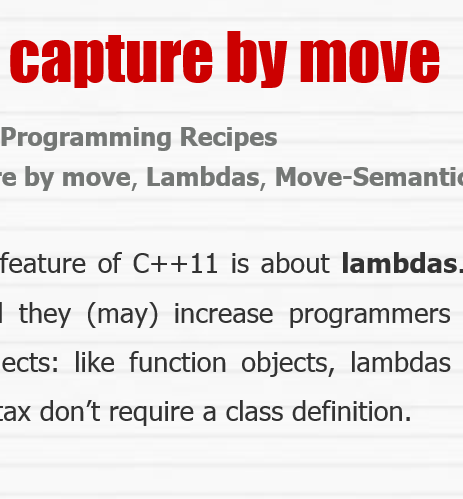C++ Training at All Levels -- Leor Zolman
 On-Site C++ Training at All Levels
On-Site C++ Training at All Levels
by industry veteran Leor Zolman
Note: For a limited time, any 4- or 5-day training includes the C++11 Overview.
Our C++ and C seminars have been designed by some of the best-known, most effective C++ educators practicing today. In addition to materials created by Leor our C++ training repertoire features courses licensed from and supported by industry leaders Dan Saks and Stephen C. Dewhurst.
A Whirlwind Overview of C++11 (1/2-day, author: Leor Zolman)
Advanced C++ (Author: Stephen C. Dewhurst)
Effective C++ (3-, 4- and 5-day versions of courseware by Scott Meyers based on his books)
An Effective Introduction to the Standard Template Library (STL) (Author: Scott Meyers)
C++ for Non-C Programmers (Author: Leor Zolman)
C++ and Object-Oriented Programming (a.k.a. C++ for C Programmers). (Author: Dan Saks)
A sample unit of any course is available upon request.
Contact us today for more information or to schedule an on-site training at your location!


 A C++11 Name-Lookup Problem: a Long-Term Solution and a Temporary Work-Around
A C++11 Name-Lookup Problem: a Long-Term Solution and a Temporary Work-Around
 Use CRTP for Polymorphic Chaining
Use CRTP for Polymorphic Chaining
